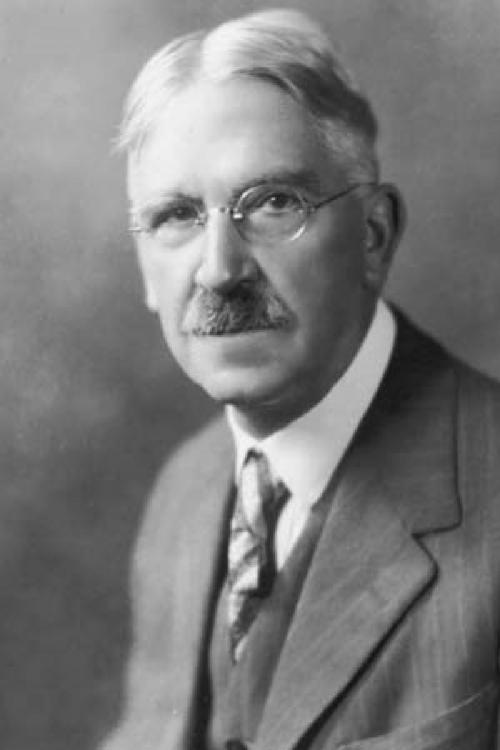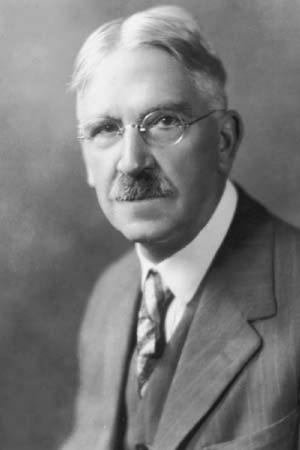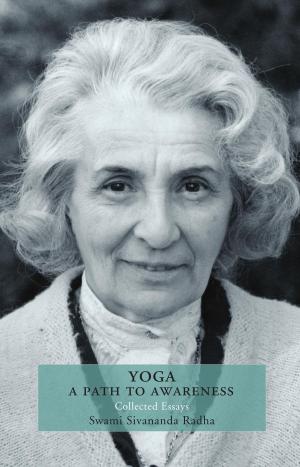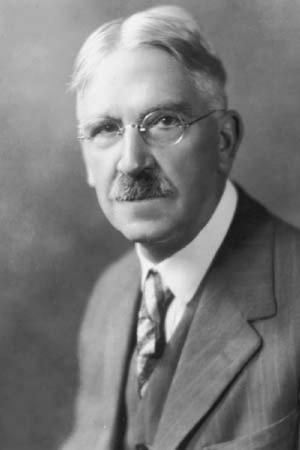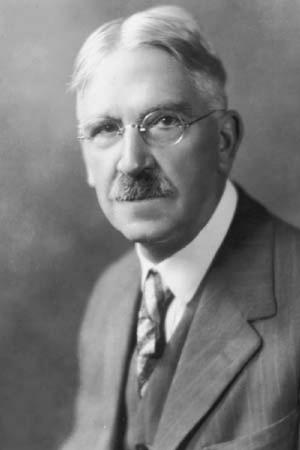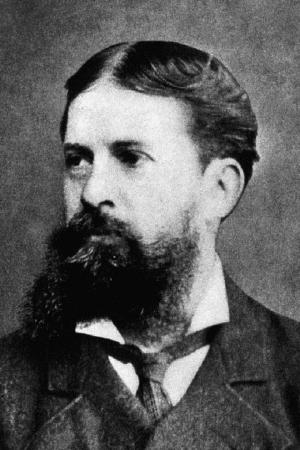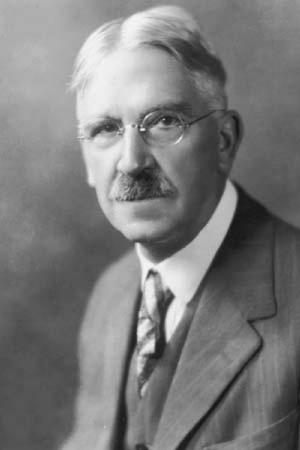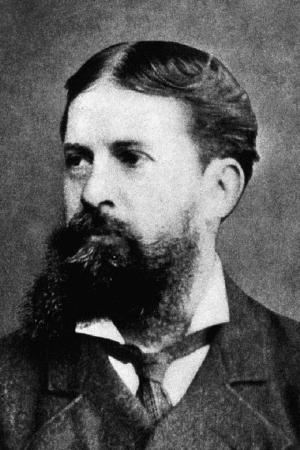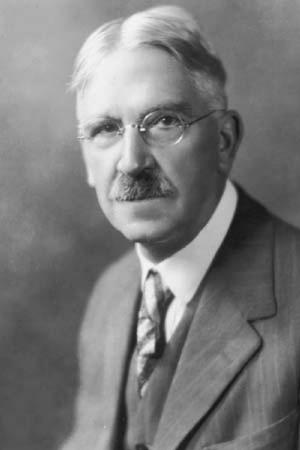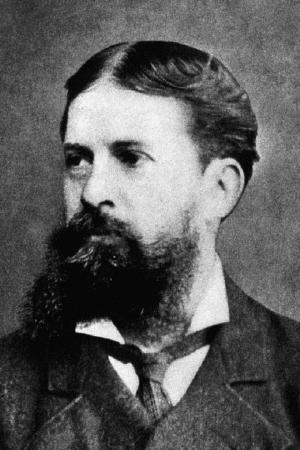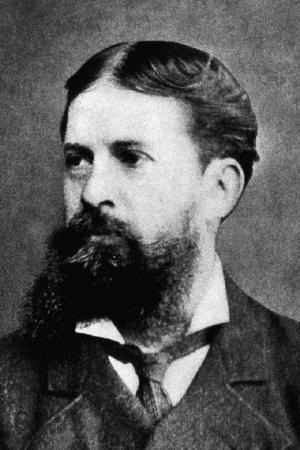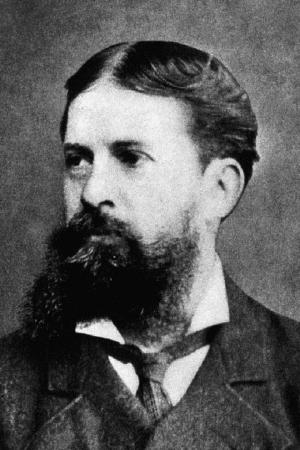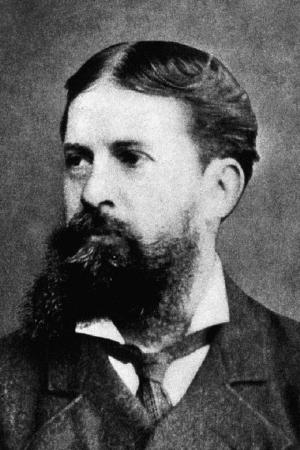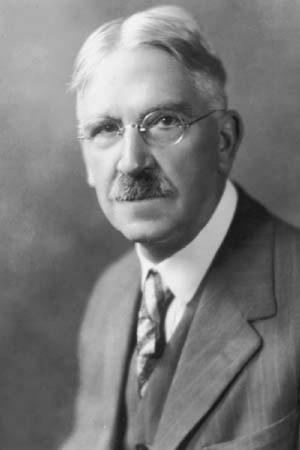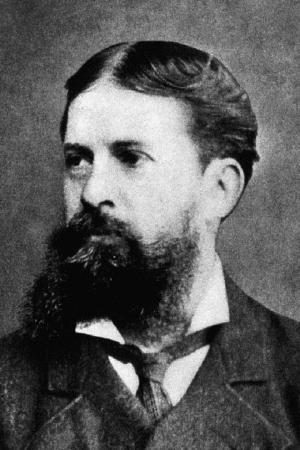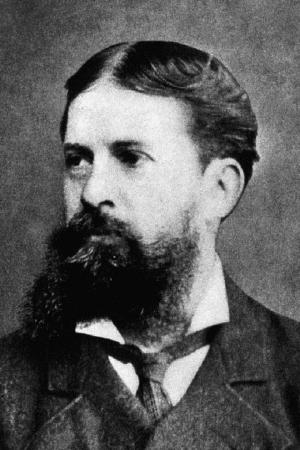| Author: | John Dewey, John Locke | ISBN: | 1230001439304 |
| Publisher: | Timeless Books | Publication: | November 22, 2016 |
| Imprint: | Language: | English |
| Author: | John Dewey, John Locke |
| ISBN: | 1230001439304 |
| Publisher: | Timeless Books |
| Publication: | November 22, 2016 |
| Imprint: | |
| Language: | English |
The book has an active table of contents for readers to easy access of each chapter of the following titles:
1. SOME THOUGHTS CONCERNING EDUCATION – JOHN LOCKE
2. MY PEDAGOGIC CREED - JOHN DEWEY
3. THE SCHOOL AND SOCIETY - JOHN DEWEY
4. THE CHILD AND THE CURRICULUM - JOHN DEWEY
5. DEMOCRACY AND EDUCATION – JOHN DEWEY
6. MORAL PRINCIPLES IN EDUCATION - JOHN DEWEY
John Locke was an English philosopher and one of the most influential of Enlightenment thinkers. He is known as the "Father of Liberalism" and his contributions to classical republicanism and liberal theory are reflected in the United States Declaration of Independence.
SOME THOUGHTS CONCERNING EDUCATION by John Locke in 1693 is one of the most popular books on the education of gentlemen in the world. John Locke in SOME THOUGHTS CONCERNING EDUCATION asserted three distinct methods to educate the best minds: the development of a healthy body; the formation of a virtuous character; and the choice of an appropriate academic curriculum.
John Dewey was one of the most influential American philosophers, psychologists, and educators whose ideas have impacted education and social reform around the world. He is one of the founders with the philosophy of pragmatism and of functional psychology. He is in the row with the greatest thinkers including Bertrand Russell, Ludwig Wittgenstein, Charles Peirce, John Mill, and William James.
Dewey further developed Locke’s theory of education and he considered schools and civil society as the two fundamental elements that had to be constructively evolved by encouraging experimental intelligence and plurality. Dewey’s belief is that complete democracy is to be sustainable not just by giving and extending voting rights but also by ensuring that a fully formed public opinion is accomplished by communication among citizens, experts, and politicians with the full accountability and responsibility for the policies they adopt.
The book is a classic collection of highly influential writings about modern education by John Locke and Dewey. Following John Locke’s foundational work, Dewey systemically further developed and elaborated the philosophical view and belief to education in the book that “I believe that all education proceeds by the participation of the individual in the social consciousness of the race. This process begins unconsciously almost at birth, and is continually shaping the individual's powers, saturating his consciousness, forming his habits, training his ideas, and arousing his feelings and emotions. Through this unconscious education the individual gradually comes to share in the intellectual and moral resources which humanity has succeeded in getting together. He becomes an inheritor of the funded capital of civilization. The most formal and technical education in the world cannot safely depart from this general process. “
The University of Chicago Laboratory Schools that John Dewey founded was to deliver his pedagogical beliefs “to prepare him for the future life means to give him command of himself; it means so to train him that he will have the full and ready use of all his capacities”. His educational thought of “Learning by Doing” also formed the foundation of the opening of Indian Springs School, Alabama in 1952, one of the best boarding schools in the United States. The school has adapted John Dewey’s pedagogical beliefs in its longstanding motto, Learning through Living.
The influence of education by John Locke and John Dewey has been felt in nearly every field of the humanities, sciences, and American corporate culture such learning by doing. The reasoning by John Locke and John Dewey still remains as relevant today as it was then. This book is one of the most important ones about the deepest thoughts of education by John Locke and John Dewey, two of the greatest thinkers of education, economics, psychology, and logic on the planet.
The book has an active table of contents for readers to easy access of each chapter of the following titles:
1. SOME THOUGHTS CONCERNING EDUCATION – JOHN LOCKE
2. MY PEDAGOGIC CREED - JOHN DEWEY
3. THE SCHOOL AND SOCIETY - JOHN DEWEY
4. THE CHILD AND THE CURRICULUM - JOHN DEWEY
5. DEMOCRACY AND EDUCATION – JOHN DEWEY
6. MORAL PRINCIPLES IN EDUCATION - JOHN DEWEY
John Locke was an English philosopher and one of the most influential of Enlightenment thinkers. He is known as the "Father of Liberalism" and his contributions to classical republicanism and liberal theory are reflected in the United States Declaration of Independence.
SOME THOUGHTS CONCERNING EDUCATION by John Locke in 1693 is one of the most popular books on the education of gentlemen in the world. John Locke in SOME THOUGHTS CONCERNING EDUCATION asserted three distinct methods to educate the best minds: the development of a healthy body; the formation of a virtuous character; and the choice of an appropriate academic curriculum.
John Dewey was one of the most influential American philosophers, psychologists, and educators whose ideas have impacted education and social reform around the world. He is one of the founders with the philosophy of pragmatism and of functional psychology. He is in the row with the greatest thinkers including Bertrand Russell, Ludwig Wittgenstein, Charles Peirce, John Mill, and William James.
Dewey further developed Locke’s theory of education and he considered schools and civil society as the two fundamental elements that had to be constructively evolved by encouraging experimental intelligence and plurality. Dewey’s belief is that complete democracy is to be sustainable not just by giving and extending voting rights but also by ensuring that a fully formed public opinion is accomplished by communication among citizens, experts, and politicians with the full accountability and responsibility for the policies they adopt.
The book is a classic collection of highly influential writings about modern education by John Locke and Dewey. Following John Locke’s foundational work, Dewey systemically further developed and elaborated the philosophical view and belief to education in the book that “I believe that all education proceeds by the participation of the individual in the social consciousness of the race. This process begins unconsciously almost at birth, and is continually shaping the individual's powers, saturating his consciousness, forming his habits, training his ideas, and arousing his feelings and emotions. Through this unconscious education the individual gradually comes to share in the intellectual and moral resources which humanity has succeeded in getting together. He becomes an inheritor of the funded capital of civilization. The most formal and technical education in the world cannot safely depart from this general process. “
The University of Chicago Laboratory Schools that John Dewey founded was to deliver his pedagogical beliefs “to prepare him for the future life means to give him command of himself; it means so to train him that he will have the full and ready use of all his capacities”. His educational thought of “Learning by Doing” also formed the foundation of the opening of Indian Springs School, Alabama in 1952, one of the best boarding schools in the United States. The school has adapted John Dewey’s pedagogical beliefs in its longstanding motto, Learning through Living.
The influence of education by John Locke and John Dewey has been felt in nearly every field of the humanities, sciences, and American corporate culture such learning by doing. The reasoning by John Locke and John Dewey still remains as relevant today as it was then. This book is one of the most important ones about the deepest thoughts of education by John Locke and John Dewey, two of the greatest thinkers of education, economics, psychology, and logic on the planet.
